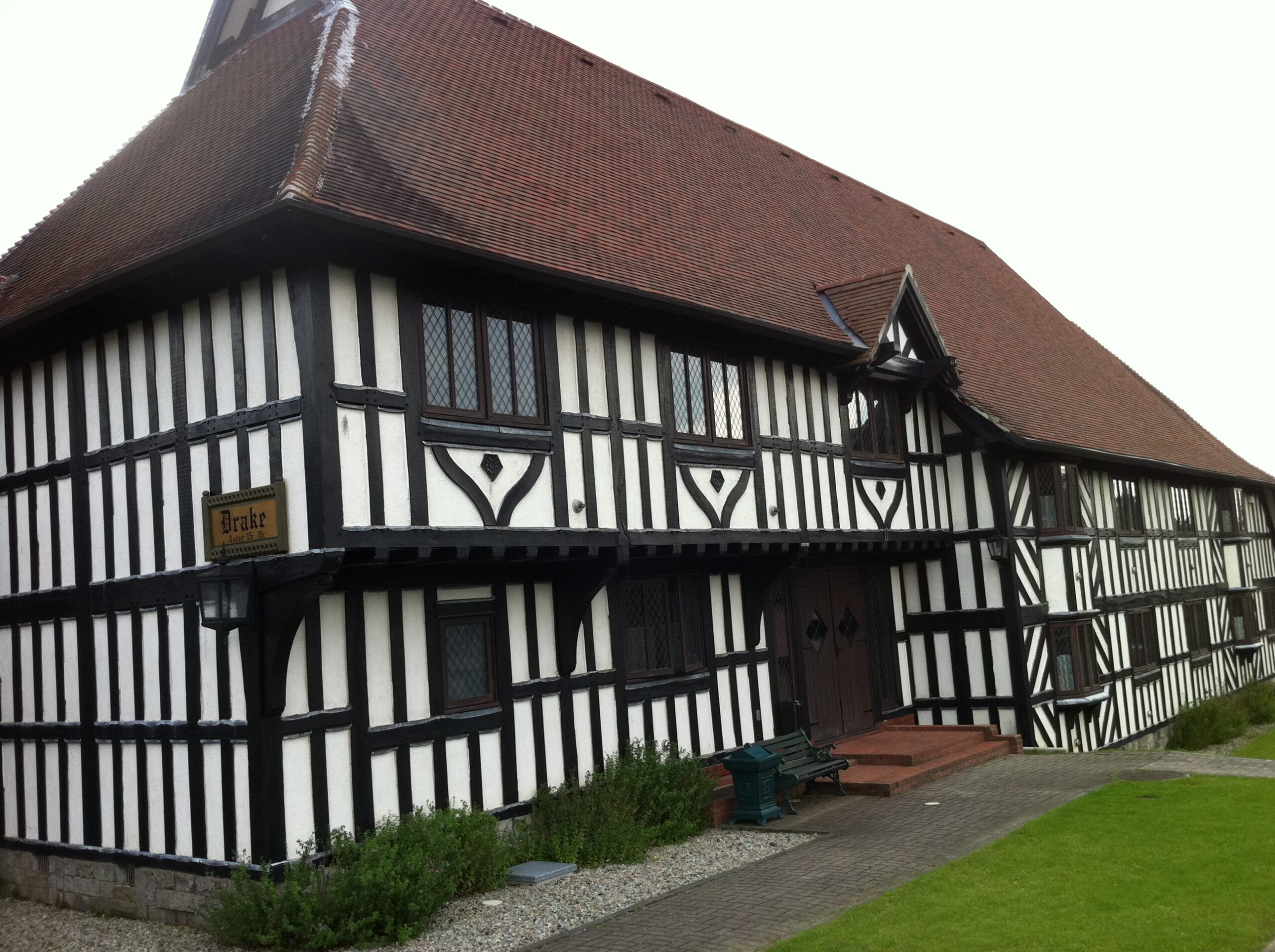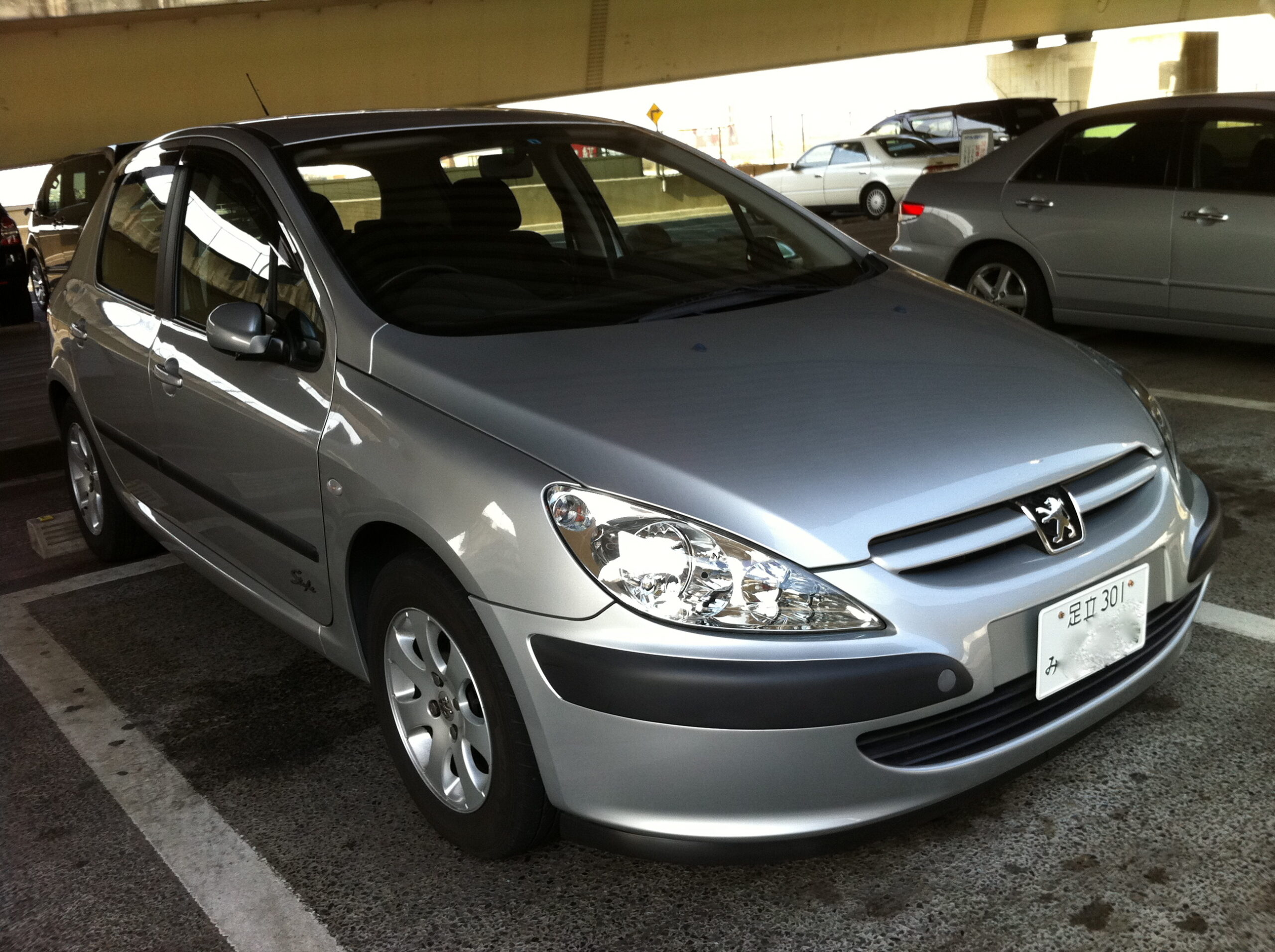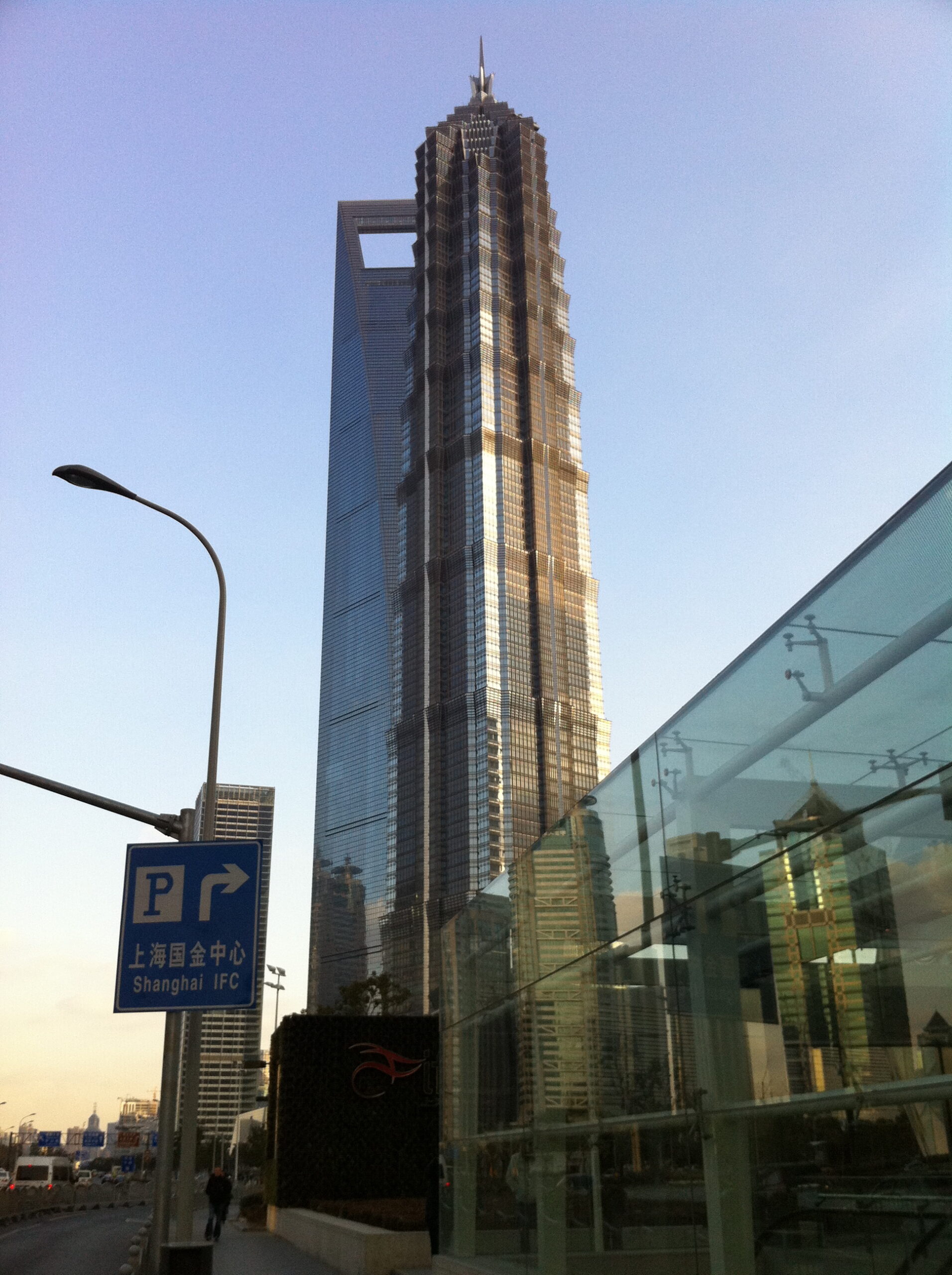The year 2011 would be “annus miserabilis” (a miserable year) for Japan. This year will go down as one of the most appalling in Japan’s history, due to the dreadful first-in-1,000-years earthquake and tsunami and the consecutive nuclear plant damage in Fukushima on 11 March.
On the day when the earthquake struck our land, I was working at the office as usual in Tokyo. At the very time when the quake occurred, I was walking on the stairway, and I saw everything beginning to swing. At first, I thought it was because I had a dizzy spell due to my high blood pressures, but soon I found out it was the land that was swaying because I saw a string suspended from the ceiling do so together with any other things. Then the amplitude of the tremor grew larger and larger. It reminded me of the Hanshin Awaji earthquake I had experienced in 1995 when living in Nishinomiya. I felt the quake lasted for one or two minutes, but I couldn’t do anything but let the matter take its own course.
After it ceased, I entered the office room, where everybody was shocked. Some escaped under the desk, and some stood still holding the books on the shelf so that they wouldn’t fall. Tellys in the office was turned on. Every TV station was broadcasting the breaking news on the earthquake. The government announced tsunami alerts nationwide, but I didn’t think that a tsunami would suffer so much even if it would come, because a similar situation was just one year before when an earthquake happened in Chile followed by a tsunami, which came to the Sanriku area but didn’t hurt it at all.
However, about an hour later, I saw on the TV screen the seawater overflow over the banks and coastal roads into the rice fields, washing up cars, buildings, and everything that was right there. I felt like watching an action film, as the scene was too far from reality.
On that day, I had to stay in the office until midnight, because the Tokyo area was suffered a great deal as well and there were no trains and public transportations available, and some networks in the Tohoku area were damaged, and we had to fix it. At midnight trains started moving again, but they were very crowded with millions of people rushing home, so I returned home on foot. It took about an hour to get back home.
After the disasters, most roads were full of thousands of unmovable cars in the first two days. After the roads were clear, petrol was running short. Many cars had to queue up in front of petrol stations to had them filled up. Thank god my car’s fuel tank was almost full because I had filled it up one week before.
I was not so troubled with my everyday life after the disasters. Bath tissues were running short, but I had bought 30 rolls of them at Costco one week before, so they were quite enough for a single household. The pet bottles of drinking water disappeared at convenience stores and supermarkets due to the likelihood of tap water contaminated by radioactive materials. However, the pet bottles of tea and soda were still on sale. My inconvenience was negligible, compared with the survivors who were forced to stay in evacuation facilities.
In the first few weeks after the disasters, people all over Japan were united. They considered the disasters as a national issue, not a Tohoku-specific local one, unlike the Hanshin-Awaji case. They all cared for the survivors in the suffered area and did their best to try to save them by donations and volunteer activities. Their mind was beautiful, one of the Japanese virtues to take pride in.
On the last day of this year, the time has come to recall what I did and experienced this year. Though this event is unforgettable, my end-of-year review will focus on more positive aspects.
The keywords of the year 2011 are: a car, British culture and China.
A car is what I purchased in January. Having my own car was the first in three years. Driving a car with a manual gearbox was the first in 17 years. I reviewed how to drive on educational videos posted on YouTube to get used to manoeuvres early.
British culture is what I experienced deeply this year as well as in the last four years. This year I was able to enjoy the British Hills in Fukushima I desired to visit for ages.
The last one, China, is that I visited Shanghai in January for business and Hong Kong in November for personal purposes. It was the first time to visit mainland China and the first in six years to Hong Kong. Actually, I wanted to visit Beijing in March, but I gave it up because of the disasters.
The year 2011 is really “annus miserabilis” for many people and me in Japan, but I hope the next year be “annus mirabilis” (miracle year).
2011年は「annus miserabilis」(悲惨な年)でした。日本の歴史上、最も悪い年として人々の記憶に残ることでしょう。もちろん、311の地震・津波・それに引き続いて起こった福島原発事故のせいです。
その日は、私は東京でいつも通り仕事をしていました。地震が起こった瞬間は廊下にいて、まわりが揺れ始めたときは、高血圧のせいでめまいでも起こしたのかと思ったんですが、天上からぶらさがっていた糸状のものまで揺れているのを見て、これは自分ではなく周りが揺れているのだと確信したのもつかの間、揺れの振幅が大きくなり始め、1995年に西宮で経験した阪神淡路大震災を思わせるほどのひどい揺れが1〜2分続きました。その間、なすすべもなく身をまかせるよりほかありませんでした。
揺れがおさまって、オフィスの中に入ると、みんな騒然としていました。机の下に逃れる人、本棚の本が落ちないように支える人。テレビがつけられました。どの局も震災の特番をやってました。政府から津波警報が全国的に出されましたが、1年前のチリ地震の際も三陸沖に津波警報が出されて結局たいした被害もなく終わっていたので、このときはあまり深刻にとらえていませんでした。
しかし、約1時間後、テレビを見ると、海水が堤防からあふれ、沿岸の道路から田んぼを洗い流し、果ては車から建物からその他すべてにわたってなぎ倒していくのが見えました。あまりにも現実感に乏しく、まるでアクション映画でも見ているかのようでした。
その日は夜中まで会社にいることを余儀なくされました。東京も地震のせいで交通機関が止まっていた上に、ネットワークに故障が発生して復旧しなければならなかったからです。夜中になって電車が動き出しましたが、電車は帰宅を急ぐ人でごったがえしていたので、私は1時間歩いて帰宅したのでした。
そのあと、最初の2日間は、道には車が動けずにあふれかえっていました。道がすいたあとは、ガソリンが不足し始めました。ガソリンスタンドの前には車がいっぱい列をなして給油を待たなければなりませんでした。幸い私の車は1週間前に満タンにしていたので助かりました。
私にとっては、震災後の日常生活はそれほど困るものではありませんでした。トイレットペーパーが不足しましたが、1週間前にコストコで大量に買い込んでいたおかげで一人身には十分すぎるぐらいは確保していました。放射性物質のせいでペットボトルの水がコンビニやスーパーから姿を消しましたが、お茶やジュースは普通に売ってました。被災地の方々に比べれば、私の不便など取るに足りないものでした。
震災後の最初の数週間、日本中の人々は一つになりました。阪神淡路の場合とは違い、地域的な問題ではなく日本全体の問題として考えられました。みんな被災者のことを考え、募金やボランティアなどで被災者を助けようと努力していました。このマインドは美しく、日本が誇るべき美徳の一つといってよいでしょう。
今年最後の日にあたり、今年自分が何をしたり経験したかを振り返るときが来ました。この出来事は忘れられないことですが、私の年末振り返りはもっと明るい話題にフォーカスしたいと思います。
2011年のキーワードは、クルマ、イギリス文化、そして中国です。
クルマは、1月に3年ぶりにクルマを買ったことです。マニュアル車の運転はじつに17年ぶりです。運転に早く慣れるようにYouTubeでドライビングレッスンを見たりしたものです。
イギリス文化という点では、かねてから行ってみたかった福島県のブリティッシュヒルズに今回行けたことです。
最後の中国は、1月に上海出張、11月に香港へプライベート旅行に行ったことです。大陸へは初めて、香港へは6年ぶりでした。ホントは3月に北京にも行きたかったんですが震災があり断念しました。
2011年は私にとっても日本中にとっても本当に「annus miserabilis」だったんですが、次の年は「annus mirabilis」(驚異の年)になってほしいものです。





















































